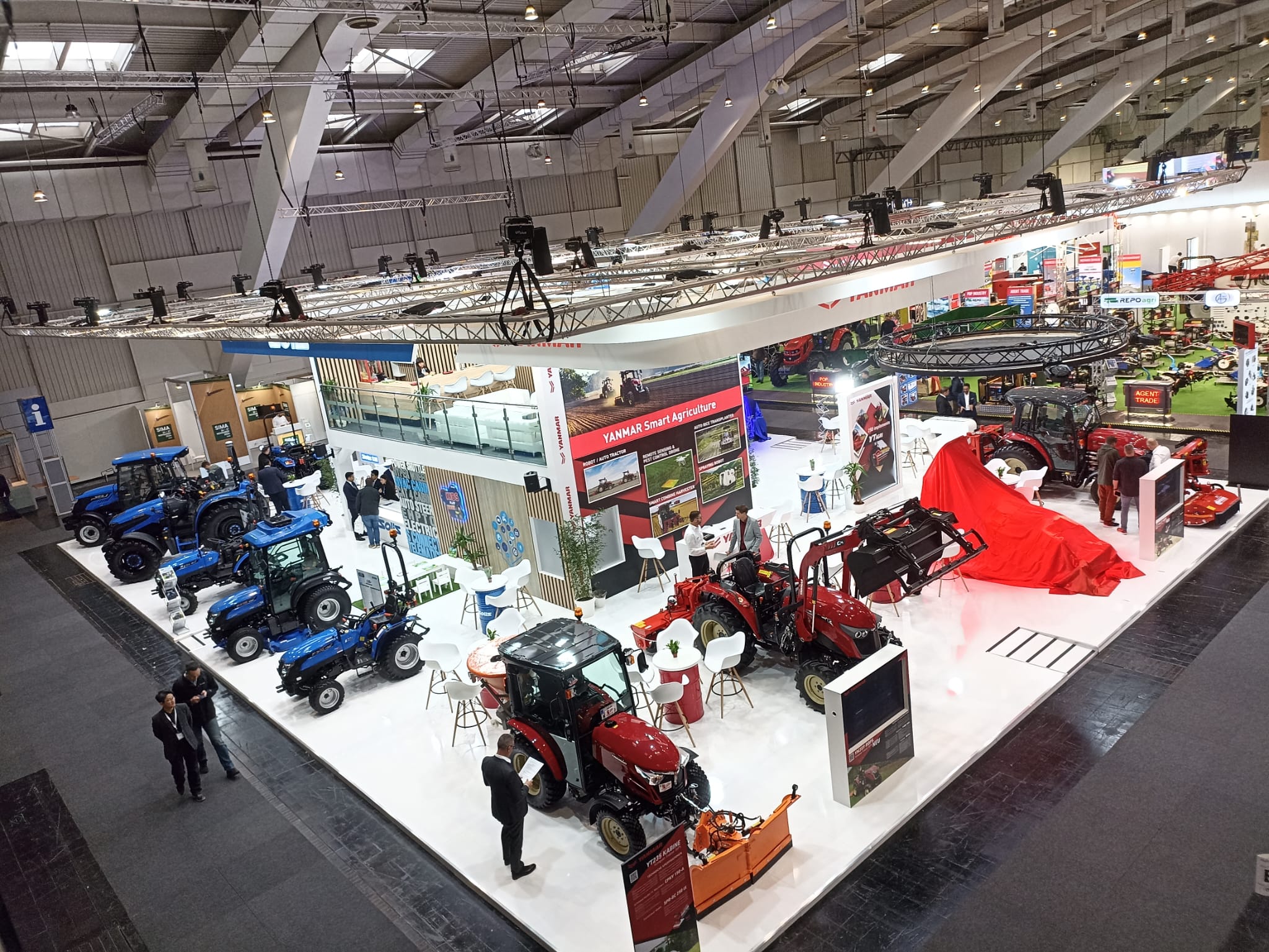Booth exhibitions are a key marketing and sales strategy for companies to engage prospective customers and promote their brand and products at trade shows and expos. With the evolving consumer experience and increasing digitalization, booth design trends are also rapidly changing to keep up with customer expectations. Here are some of the latest trends in exhibition stand companies that companies are embracing:
Immersive Experiences
Creating memorable and immersive experiences for visitors is becoming a top priority in booth design. Gone are the days of simple static booths – customers now want to fully engage with the brand through interactive and experiential elements.
To pull visitors in and give them a feel of the brand experience trending exhibit designs incorporate elements like:
- Virtual Reality.
- Augmented Reality.
- Touchscreen Kiosks.
- Simulations Elements.
- Multimedia Elements.
Some examples include simulated product demos through VR headsets, AR that brings logos and designs to life, and interactive touchwalls that provide virtual product tours. These highly engaging elements are helping boost foot traffic and spending time at booths.
Modular and Flexible Structures
A key focus in booth design is developing modular structures that can be easily assembled, reconfigured, and reused for different events. Traditionally, many exhibitions stand design companies involved permanent, one-purpose structures.
However, companies are now opting for mobile and flexible designs constructed from lightweight modular panels, frames, and furnishings that can be adapted based on the event space. This allows for cost-effective repeat use of the same design elements, as well as quick assembly and dismantling on-site.
The flexible, modular approach also supports last-minute changes in layout during the event if required.
Maximizing Small Footprints
With limited floor space available at conventions and expos, booth designers are challenged to maximize impact within small footprints. Clever utilization of vertical space through hanging displays, stacked levels, extended roofs and canopies help boost the impression of space.
Multi-functional furniture, dual-purpose walls, and densely packed but well-organized content further optimize small booth areas. Designs also involve navigating the floor space smartly through clearly defined entry/exit paths, activity stations and directed visitor flow.
Proper lighting, graphics, and signage assist in guiding attendees through tight spaces efficiently.
Sustainable Materials and Practices
Environmental sustainability is a pressing concern today and also a powerful branding tool. Booth designs are incorporating sustainable elements like recycled and renewable materials, energy-efficient lighting, and paperless/digital marketing collateral.
Popular sustainable materials used in booths include bamboo, industrial hemp products, recyclable aluminum and steel, and FSC-certified wood. Zero waste initiatives like food composting and multifunctional furnishings are also gaining attention.
Sustainable exhibition stands help promote brands as eco-conscious in their exhibitions, driving positive awareness. Large event organizers too are demanding more sustainable practices from exhibitors.
Personalization and Customization
Today’s customers expect unique, tailored experiences based on their individual preferences, choices, and interests. Booth designs are evolving to meet this demand through personalized digital and printed elements.
For instance, attendees can customize digital vehicle/appliance/product configurators on interactive kiosks based on their specific needs. They can also personalize gifts, brochures, or product samples through phone/tablet apps at the booth.
Such customized interactions help engage visitors while collecting valuable consumer insights for future product development. Booth designs are also incorporating more customized graphics, décor, and theming elements to suit specific corporate identities.
Mobile-Optimized
With smartphones becoming ubiquitous, booth designs must integrate mobile-friendliness. This involves having quick response (QR) codes linked to multimedia content, mobile websites optimized for on-the-go browsing, and interactive elements controlled via mobile apps.
Live product demos and simulations can stream directly onto phones for close-up viewing. Lead capture forms and surveys are designed for easy on-screen filling on mobiles.
Some booths may even incorporate interactive digital signs and screens that can be controlled by visitors using their devices. Going mobile-first simplifies the custom exhibition stand contractor engagement process through booths.
Data-Driven Analytics
Actionable business intelligence is the goal of today’s exhibitions. Modern booth designs incorporate data analytics capabilities right at the customer touchpoints whether digital kiosks, VR systems, or other interactive elements.
They can seamlessly capture valuable visitor data like demographics, interests, and on-site behaviors through swipes, clicks, and form submissions. This data when integrated with CRM and marketing automation tools helps track leads, map customer journeys, and glean actionable insights.
Analytics gained from such instrumentation aids in optimizing future booth strategies, content, and personalization. Some booths even analyze foot traffic patterns using sensors for space planning.
In Conclusion
As the requirements of customer experiences evolve, Exhibition Stand Design Milan with unique design trends is witnessing a shift towards more immersive, tech-driven, sustainable, and analytics-oriented strategies.
While still keeping core objectives like branding, lead generation, and sales in focus, modern booths are embracing interactive innovations to deeply engage visitors, gain actionable consumer understandings, and optimize resources.
This helps companies boost their return on investment from participation in such events. Successful exhibition design lies in creatively adapting to ever-changing customer and industry trends.


